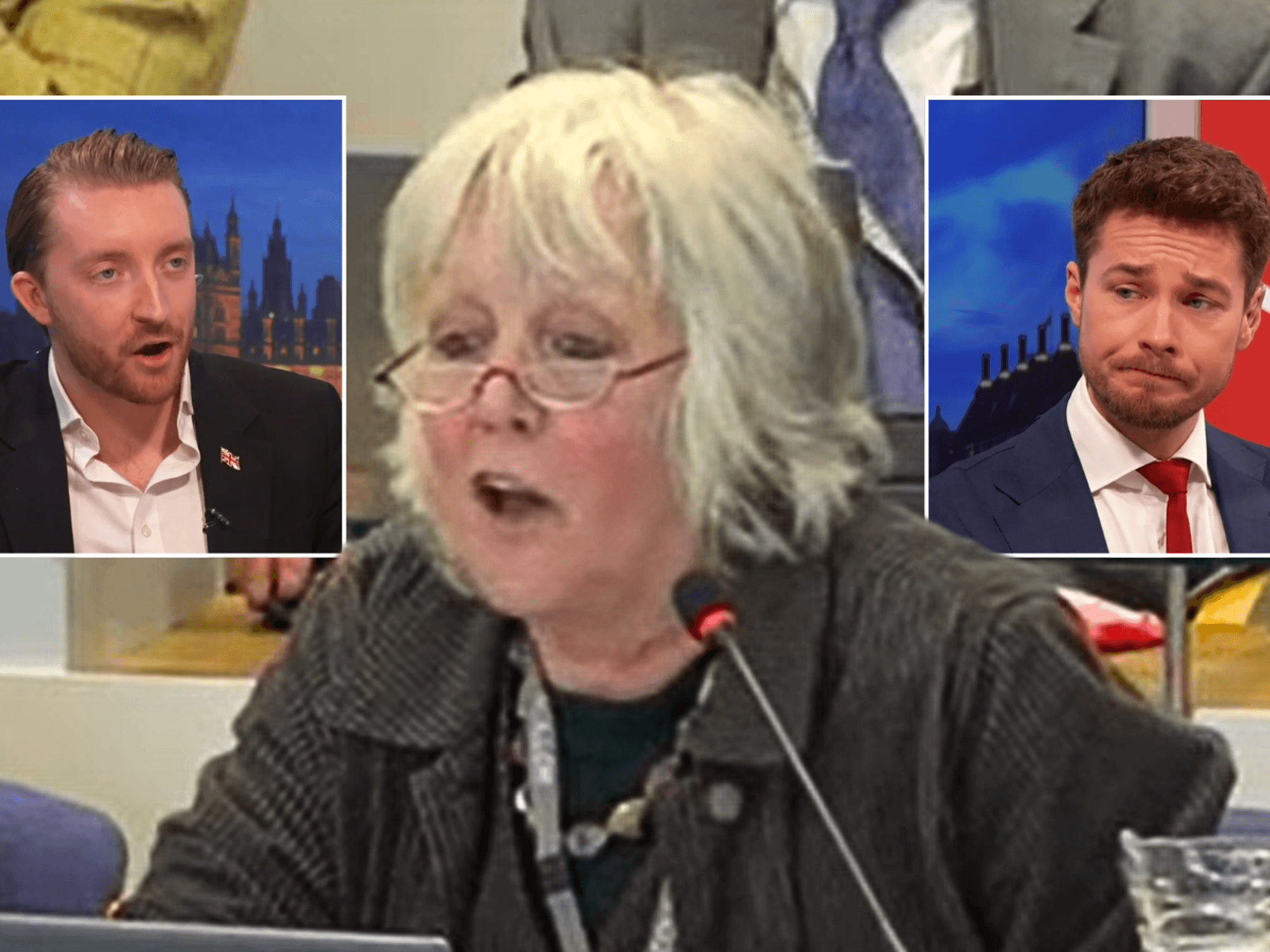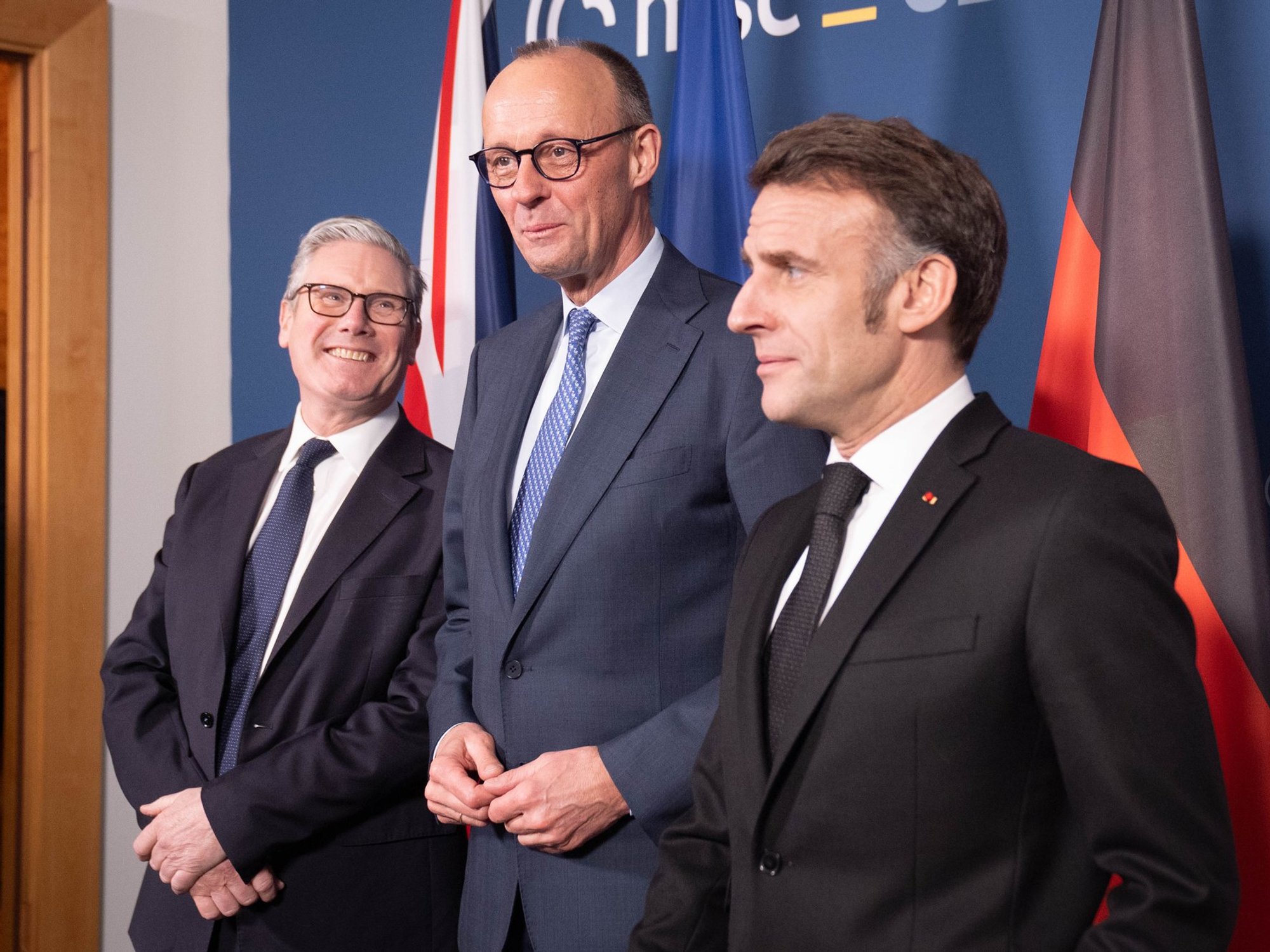Council tax bills set to rise at fastest rate in 20 years as households brace for 'sting in the tail'
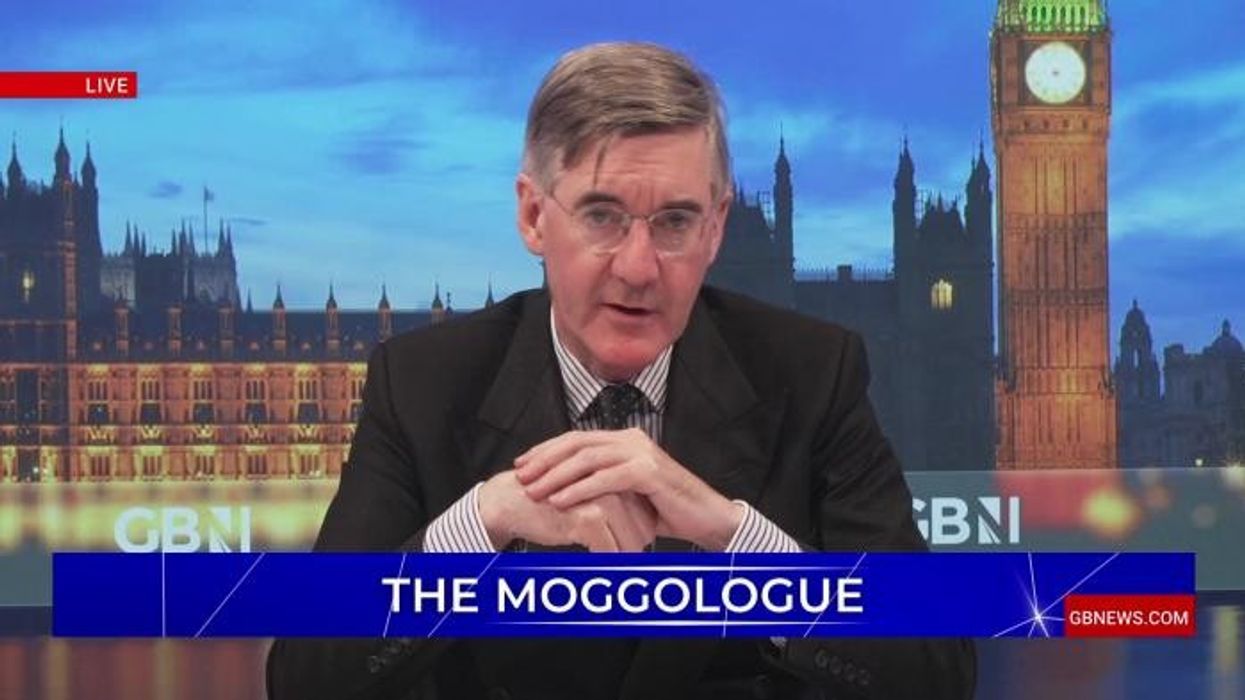
Jacob Rees-Mogg says the only way to pay for the nation's needs is to deregulate and cut taxes |
GB NEWS

The Institute of Fiscal Studies is warning taxpayers their bills could rise as councils seek to plug funding gaps
Don't Miss
Most Read
Council tax bills are likely to increase at the fastest rate seen in two decades, jumping by five per cent a year, according to the Institute for Fiscal Studies (IFS).
Economist Paul Johnson, the think tank's director, has issued a warning to taxpayers following Chancellor Rachel Reeves's Spending Review yesterday (June 11).
Analysts are noting tax increases are likely to pay for the Labour Government's funding plans, with documents suggesting councils will implement the maximum permitted increases to fund local services including policing.
Johnson said that while local authorities in England did "perhaps a little bit better than it might have expected" from the Chancellor's statement, the "sting in the tail" is the assumption that "council tax bills will rise by five per cent a year" as part of the funding package.
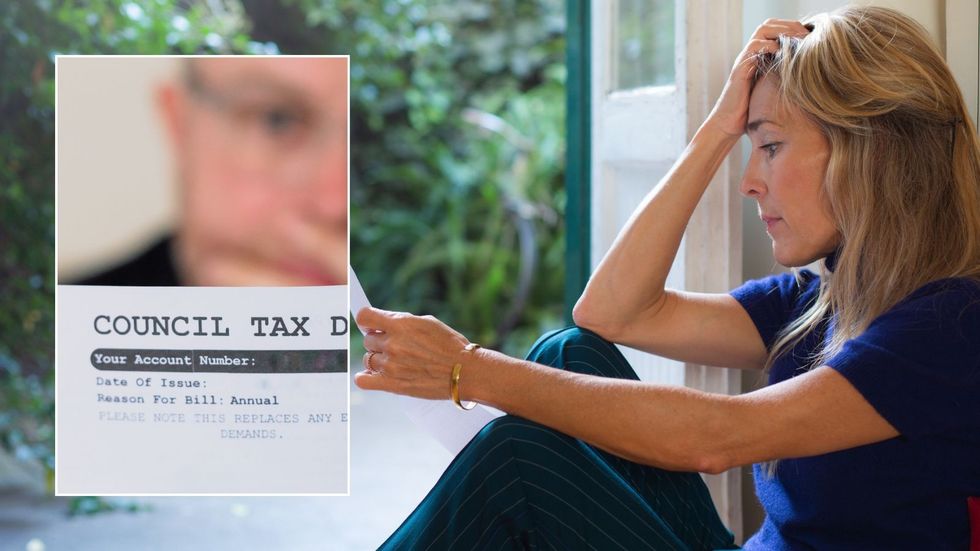
The IFS is projecting council tax bills are set to rise
|GETTY
Local authorities have the power to raise council tax by up to five per cent yearly without central Government approval, though some opt for lower increases.
The Spending Review assumes councils will raise it to the maximum level, forming part of the Government's calculations for an average increase in "police spending power" of 2.3 per cent annually in real terms.
Core spending power for councils is set to increase by 2.6 per cent per year from next year.
Johnson noted that "if English councils do choose five per cent increases and most almost certainly will council tax bills look set to rise at their fastest rate over any parliament since 2001-05".
Do you have a money story you’d like to share? Get in touch by emailing money@gbnews.uk.
Reeves defended the policy on Wednesday, telling ITV: "The previous Government increased council tax by five per cent a year, and we have stuck to that. We won't be going above that."
She added: "That is the council tax policy that we inherited from the previous Government, and that we will be continuing."
The Chancellor also insisted she would not need to raise taxes to cover her spending review, telling GB News: "Every penny of this is funded through the tax increases and the changes to the fiscal rules that we set out last autumn."
Yesterday, the NHS emerged as the biggest winner from Wednesday's statement, with its budget set to rise by £29billion annually in real terms.
LATEST DEVELOPMENTS:
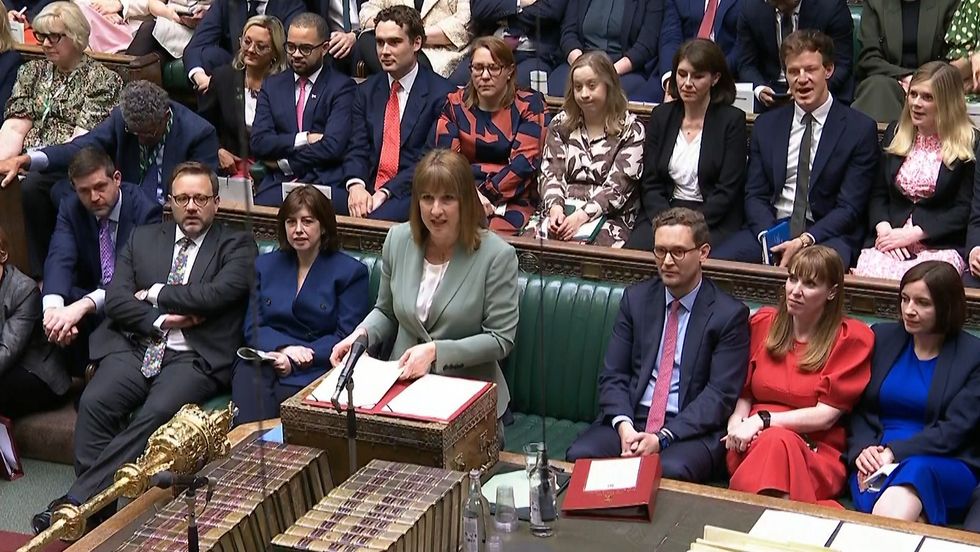 Rachel Reeves delivers her Government's spending review to MPs in the House of Commons | PA
Rachel Reeves delivers her Government's spending review to MPs in the House of Commons | PARuth Curtice, chief executive of the Resolution Foundation, said Britain is turning into a "National Health State", noting that "health accounted for 90 per cent of the extra public service spending".
Defence also received significant capital spending increases, whilst other departments faced an overall £3.6billion real-terms cut in investment.
Curtice warned that without economic growth, another round of tax rises could come in the autumn as part of the Chancellor's next fiscal statement.
She explained: "A weaker economic outlook and the unfunded changes to winter fuel payments mean the Chancellor will likely need to look again at tax rises in the autumn."
More From GB News





